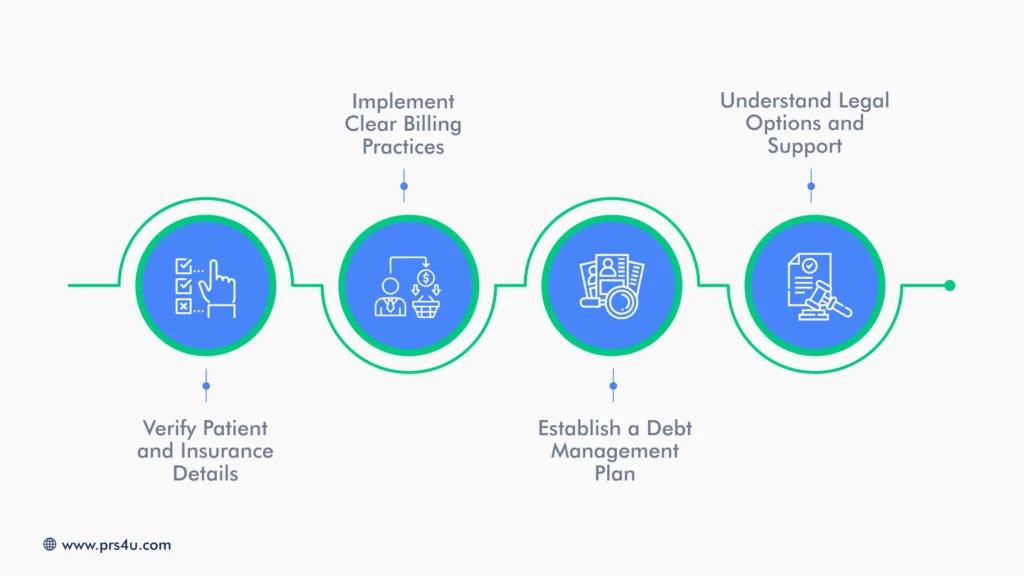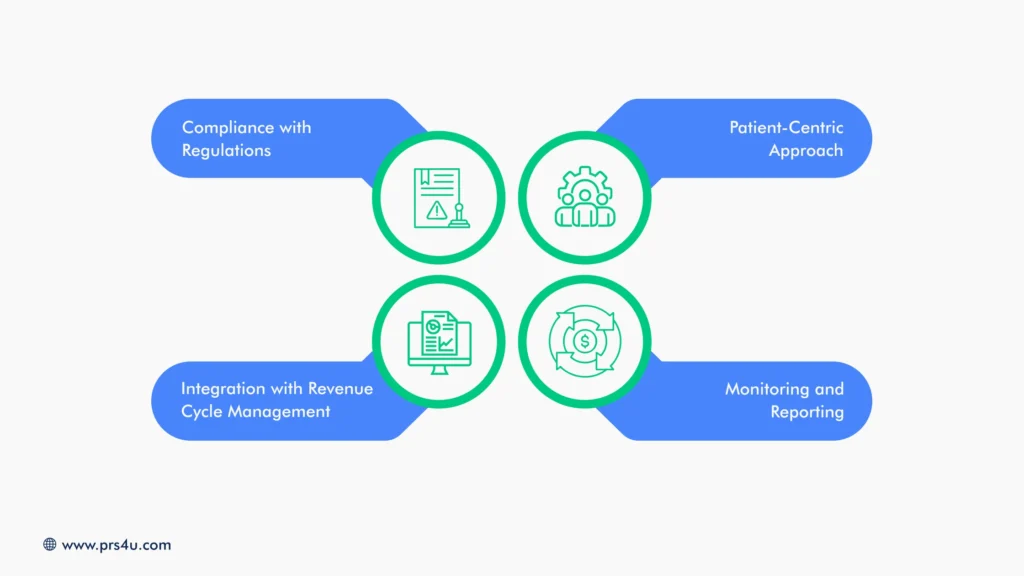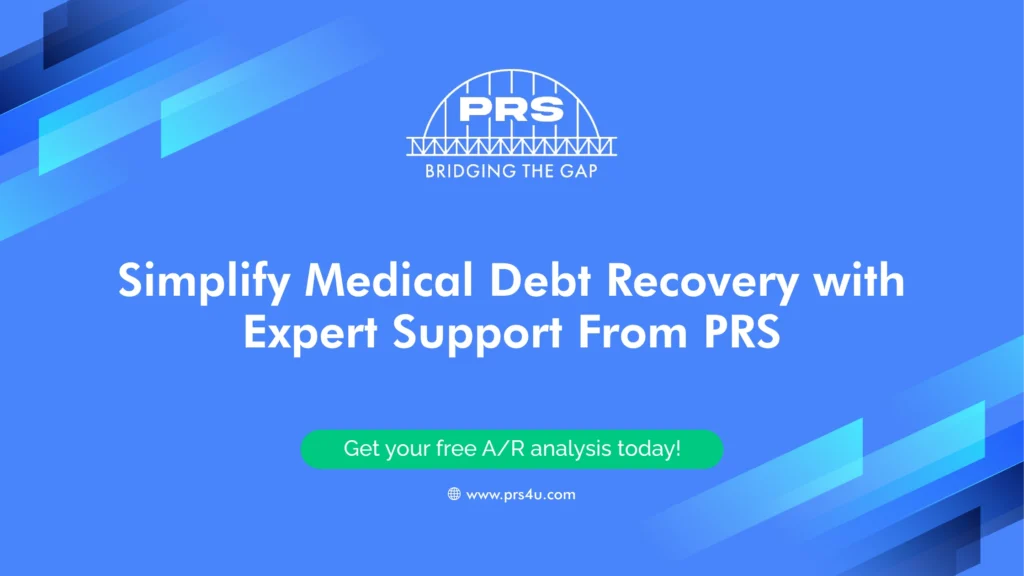Debt Collection in Healthcare and Major Considerations for Providers
Managing billing and addressing unpaid invoices remains a major challenge for medical providers. Over 48% of hospital bills go unpaid in full, largely due to high-deductible health plans shifting more financial responsibility to patients. This shortfall can create significant financial strain, affecting a practice’s ability to operate efficiently and invest in patient care.
Engaging professional debt collectors who specialize in medical billing offers an effective approach to handling unpaid invoices. These experts help recover outstanding payments, ensure compliance with healthcare regulations, and strengthen the financial stability of medical practices.
In this blog, we’ll discuss the major considerations medical providers should keep in mind when integrating professional debt collectors into their billing processes.
How Can Healthcare Providers Build a Structured Debt Recovery Process?

Maintaining a structured debt recovery process is crucial for protecting and enhancing cash flow and ensuring the financial stability of any medical practice or facility. Without a reliable system, unpaid invoices can accumulate, creating financial strain that may indirectly affect patient care quality and operational efficiency.
Healthcare providers have several methods to recover outstanding payments, ranging from informal reminders to legal avenues. A clear, proactive approach ensures debts are managed promptly and consistently, reducing the risk of extended payment delays.
Verify Patient and Insurance Details
Effective debt recovery begins before services are delivered. Confirming patient contact details, insurance eligibility, and coverage levels prevents billing errors and misunderstandings. Clearly explaining financial responsibilities upfront helps patients understand their obligations, reducing disputes and streamlining future collections.
Implement Clear Billing Practices
Transparent, consistent billing procedures benefit both patients and staff. Patients gain clarity on costs, easing confusion and stress, while staff can handle accounts more efficiently. Offering flexible payment options, including online payments or structured payment plans, can further support timely collections.
Establish a Debt Management Plan
Automating follow-ups with practice management systems and reminders improves consistency in collections. When internal efforts fall short, partnering with a professional collection agency or legal specialists can enhance recovery while preserving the practice’s reputation.
Understand Legal Options and Support
Legal action should always be a last resort, but it can become necessary for persistent non-payment. Providers should be aware of available measures such as formal letters of demand, mediation, or pursuing a court claim to recover debts. Before reaching this stage, however, partnering with a professional collection agency can be a more effective and less disruptive option.
Experienced agencies manage difficult accounts with compliance and professionalism, often resolving balances without the need for costly legal action, while protecting both the provider’s reputation and patient relationships.
Top Considerations for Healthcare Providers To Hire Professional Collectors

Unpaid medical invoices can strain cash flow and disrupt operations. Providers must weigh patient relationships, legal compliance, and effective recovery methods when partnering with professional debt collectors.
Compliance with Regulations
Adhering to legal and regulatory requirements is critical when managing unpaid medical invoices. Providers must partner with debt collectors who strictly follow federal and state laws. This includes:
- HIPAA for safeguarding patient privacy
- Fair Debt Collection Practices Act (FDCPA) for ensuring ethical and lawful collection practices
Noncompliance can result in penalties, fines, and reputational harm, directly impacting both patient trust and operational stability.
A professional collector helps mitigate these risks by:
- Keeping all communications transparent and respectful
- Maintaining thorough documentation of collection activities
- Protecting sensitive patient data with secure handling practices
By aligning with these standards, providers can maintain compliance, reduce disputes, avoid lawsuits, and still recover payments efficiently and responsibly.
Patient-Centric Approach
Maintaining positive patient relationships is a top priority, even when pursuing unpaid invoices. Professional debt collectors trained in healthcare understand the importance of treating patients with respect and empathy throughout the collection process.
A patient-centric approach ensures that communication remains professional, reducing frustration and preserving trust. Major strategies include:
- Clear, transparent explanations of outstanding balances
- Flexible payment plans tailored to patient circumstances
- Consistent, respectful follow-ups without aggressive tactics
- Educational guidance on insurance claims or billing errors
By focusing on patient needs while recovering payments, healthcare providers can uphold their reputation, encourage timely payments, and foster long-term loyalty, creating a balance between financial recovery and quality patient care.
Integration with Revenue Cycle Management
Successful collections depend on seamless coordination with the broader revenue cycle. Accurate coding, precise billing, and timely follow-ups form the foundation for recovering unpaid invoices efficiently.
When professional debt collection is integrated into revenue operations, every patient account is monitored, discrepancies are resolved quickly, and activities remain aligned with internal financial policies.
Common elements of integration include:
- Accurate coding and billing to reduce claim denials
- Timely follow-ups on unpaid invoices to prevent aging accounts
- Coordination between clinical, billing, and financial teams for consistent processes
- Ongoing monitoring to identify high-risk balances early
- Use of data analytics to optimize collection strategies
Structured processes like these help minimize bad debt, improve efficiency, and maintain patient satisfaction, all while protecting the practice’s financial health.
Monitoring and Reporting
Monitoring and reporting are essential to maintaining financial stability and accountability in medical billing. By tracking performance, healthcare providers can spot trends, correct recurring issues, and measure the success of their collection strategies.
Best practices include:
- Generate periodic summaries of collected, outstanding, and aged invoices
- Analyze patterns to refine collection approaches and improve efficiency
- Track agency performance using recovery rates and response times
- Identify recurring billing errors or discrepancies to reduce mistakes
- Use dashboards for transparency across the finance team, ensuring everyone stays informed
Consistent monitoring and reporting give providers actionable insights that help optimize revenue recovery, reduce bad debt, and strengthen long-term financial health.
Advantages of Using Professional Debt Collectors
Engaging professional debt collectors can significantly improve the efficiency and success of medical billing recovery. These experts bring experience, structured processes, and specialized knowledge that individual practices may lack, helping providers recover outstanding invoices while maintaining patient relationships.
Choosing the right partner, such as Professional Receivable Solutions LLC, can alleviate your staff’s workload, enhance recovery rates, and maintain your company’s reputation.
The benefits of partnering with PRS include:
- Improved Cash Flow: Accelerates the collection of outstanding invoices to maintain steady revenue. PRS focuses on early intervention, helping practices recover payments faster and reduce aging accounts.
- Expertise in Collections: Uses specialized knowledge to handle sensitive patient accounts efficiently. With PRS, healthcare providers gain access to a team trained in medical collections, compliance, and patient communication.
- Regulatory Compliance: Ensures collection practices follow healthcare laws and privacy requirements. PRS adheres strictly to HIPAA and FDCPA standards, protecting patient data and provider reputations.
- Preserves Patient Relationships: Handles communications professionally to maintain trust. PRS applies a patient-centric approach with respectful, transparent outreach to preserve long-term loyalty.
- Resource Optimization: Frees up internal staff to focus on core medical services. PRS manages the collection process efficiently, so administrative teams can prioritize patient care.
- Reduced Bad Debt: Increases recovery rates and minimizes financial losses. PRS’s multi-stage process delivers higher recovery compared to traditional methods, ensuring fewer accounts slip into write-off.
- Enhanced Reporting: Provides detailed tracking and reporting of collection activities to identify trends and opportunities. PRS offers clients clear performance dashboards and regular updates to keep practices fully informed.
- Consistency: Maintains regular follow-ups and systematic collection procedures, reducing gaps in revenue recovery. PRS’s structured Stage One process ensures accounts are addressed quickly and consistently.
- Custom Strategies: Tailors collection approaches to match the practice’s policies, patient demographics, and outstanding balances. With PRS’s client portal, providers retain oversight and can choose the most appropriate collection tone for each case.
Simplify Medical Debt Recovery with Expert Support From PRS
At Professional Receivable Solutions LLC (PRS), we understand that effective collections should never compromise your reputation or patient relationships. Our healthcare-focused approach recovers more revenue, eases the burden on your staff, and preserves trust in every interaction.
Whether you’re facing growing patient balances, aging accounts, or stretched internal resources, PRS provides the resources and expertise to simplify your collections process and deliver stronger results.
Get your free A/R analysis today and see how PRS can help you recover outstanding balances while protecting both your patients and your practice.

